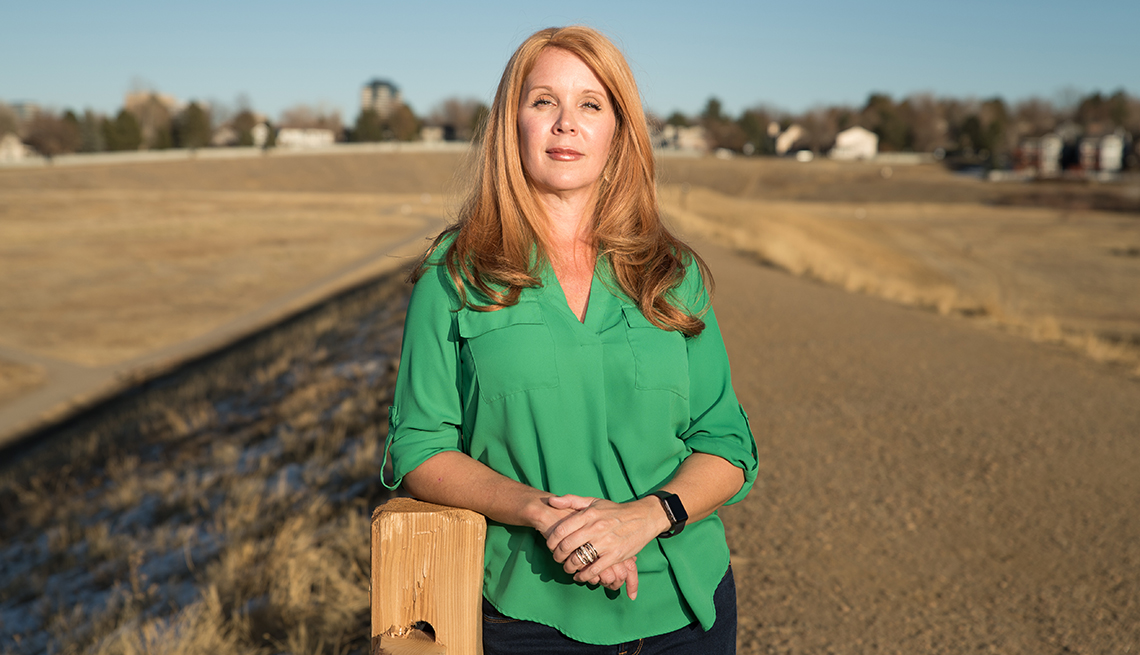AARP Hearing Center

As the COVID-19 crisis grinds on, the senior living facility in Loveland, where Moyne Johnson and Ann Bietendorf (both 87) live, has come to feel more like a prison than a home.
Few group activities. Residents mostly confined to their rooms, even at mealtimes. Such precautions, they know, are meant to protect them, but the loss of that connection has taken a toll on the women’s mental, physical and emotional well-being.
“When you get to be our age, the quality of life is much more important than the quantity of life,” Johnson said. Bietendorf agreed: “What I miss most is freedom. We want to socialize.”
“Social isolation was already a huge problem” and has only been exacerbated by the pandemic, said Bob Murphy, state director of AARP Colorado, which is advocating for more virtual visitation options for nursing home residents and their families.
Early in the pandemic, more than 50 percent of state COVID-19-related deaths were among older adults and people with disabilities who resided in nursing homes, assisted living facilities and group homes.
Colorado established a task force that drafted guidelines to mitigate the spread of the coronavirus in high-density environments. And by October, deaths at those facilities had dropped to 35.2 percent of the state total.
Some guidelines were relaxed to allow outdoor visits and indoor ones if certain criteria were met, such as temperature checks, symptom screening, hand disinfecting and mask wearing.
Still, some facilities essentially remained locked down. In a letter to Gov. Jared Polis (D), Johnson and Bietendorf said that residents should at least be able to socialize with one another.
“In our building we have not had a single case of COVID-19,” they wrote.
Officials say they’re working to address the isolation and loneliness, but it remains a challenge.
With cases on the rise nationwide, visitation rules could change. Get updates from the Colorado Department of Public Health & Environment or use AARP's nursing home tracker.
Addressing complaints
The way Shannon Gimbel sees it, change needs to happen within the walls of such facilities.
“They can’t have meals together, do activities together or come together as a community,” said Gimbel, ombudsman manager for the Area Agency on Aging in the Denver region. “What
we should be doing is normalizing life within the walls.”
With nursing homes locked down to visitors, Colorado’s ombudsmen have struggled to respond to complaints of abuse, neglect, inadequate care and other issues during the pandemic.
Outdoor visits have been rife with problems such as noise and lack of privacy. Compromised patients cannot be wheeled outdoors in a hospital bed. Virtual meetings are better but not ideal.
“We depend on the facility to set that up,” Gimbel said. “The information we get is confidential, but residents fear retribution.”
AARP Colorado is pushing for more transparency, along with better pay and staffing, at long-term care facilities. It is also monitoring potential state budget cuts due, in part, to a decline in consumer spending and the costs of fighting COVID-19, which could affect funding for nursing homes.
“We would vigorously oppose any legislation giving nursing homes and other residential care facilities blanket immunity from coronavirus-related lawsuits,” Murphy said.
To learn more, go to aarp.org/co or call 866-554-5376.
Cynthia Pasquale is a writer living in Denver.
More on Long-term Care
- Track the status of nursing home visit rules
- How will nursing home residents get the COVID-19 vaccine?































































